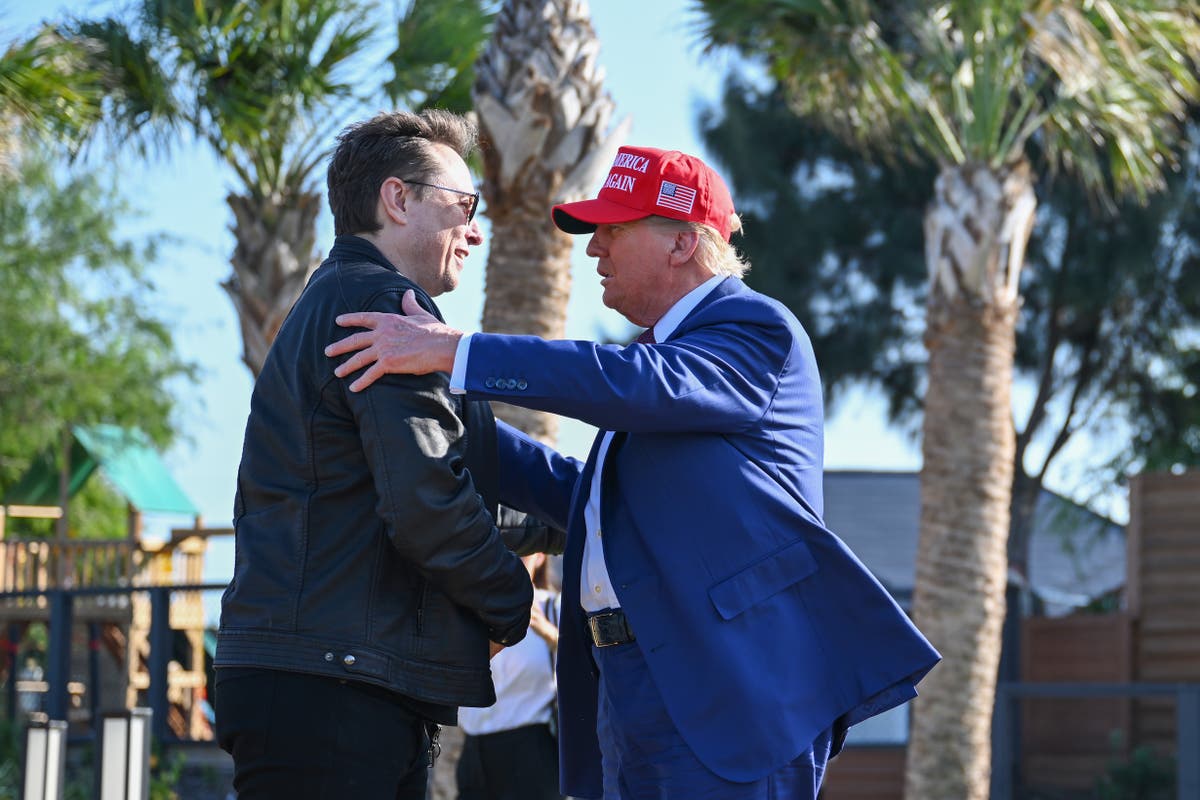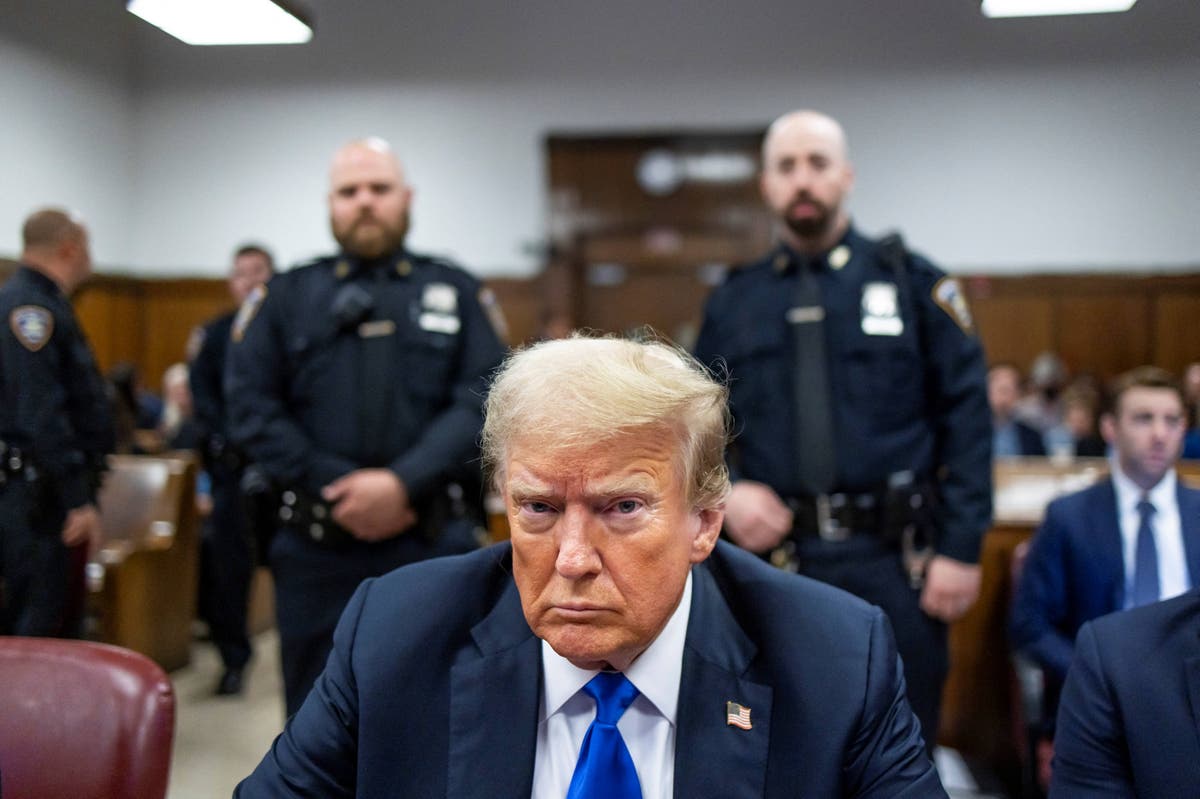Tensions are rising within the Republican party as Elon Musk and factions of Donald Trump's base are increasingly at odds, particularly concerning immigration policies and the H-1B visa program. This division comes as Trump continues to court controversy with remarks about potential acquisitions of Canada and Greenland, and as Musk expresses doubt about the current House Speaker.
The conflict is rooted in contrasting views on foreign worker visas, which are favored by Big Tech and some Republicans but opposed by hardline conservatives. This division was highlighted by far-right activist Laura Loomer, who criticized Musk’s influence over Trump, claiming he has created a dependency within the conservative movement.
Meanwhile, President-elect Trump has revived the notion of the U.S. potentially acquiring Canada and Greenland, echoing ideas previously floated and, in the case of Canada, amplified by figures like Kevin O'Leary on Fox News. These proposals have met with a mix of interest and skepticism.
Adding to the political intrigue, Musk publicly questioned House Speaker Mike Johnson’s re-election bid, despite Trump’s recent endorsement. This move suggests a fracture in the Republican party, with some, including Musk, seemingly resisting Trump's calls for unity. The internal strife within the party is evident, highlighting the challenges in maintaining a cohesive front.
The developments present a complex political landscape, characterized by conflicting agendas and an uncertain path forward for the Republican party. As these narratives continue to unfold, their impact on national policy remains to be seen.







